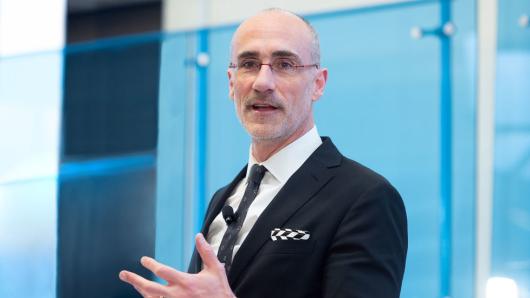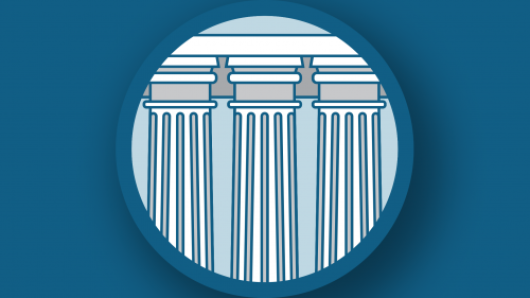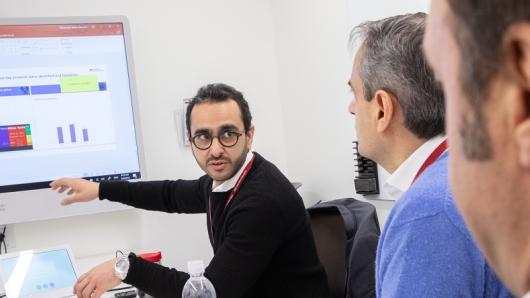Course description
This course addresses the question of tough transitions. Democracy has come to many different lands in the twentieth and twenty-first centuries, but its record of success once there has been remarkably variable. Consequently, we ask two interrelated questions, drawing upon both theoretical literature and case studies: what conditions are propitious or deleterious for democratic consolidation? And, in the latter instance, are there ways of overcoming less than ideal starting points? Posing these questions requires distinguishing between the process of democratization and the outcome of a stable, well-functioning democratic regime. In doing so, we examine problematic cases, historic and contemporary, where democracy has survived and thrived despite the initial odds (India, Germany). We also look at democratic reversals, where hopes of competitive elections and representative governance have been thwarted (Russia). The point of doing so is to have students think critically about democratic theory and regime change in order to assess events such as the Arab Spring and evaluate what factors are unfavorable to democracy (and why), as well as whether these might be overcome through institutional design or other means.





